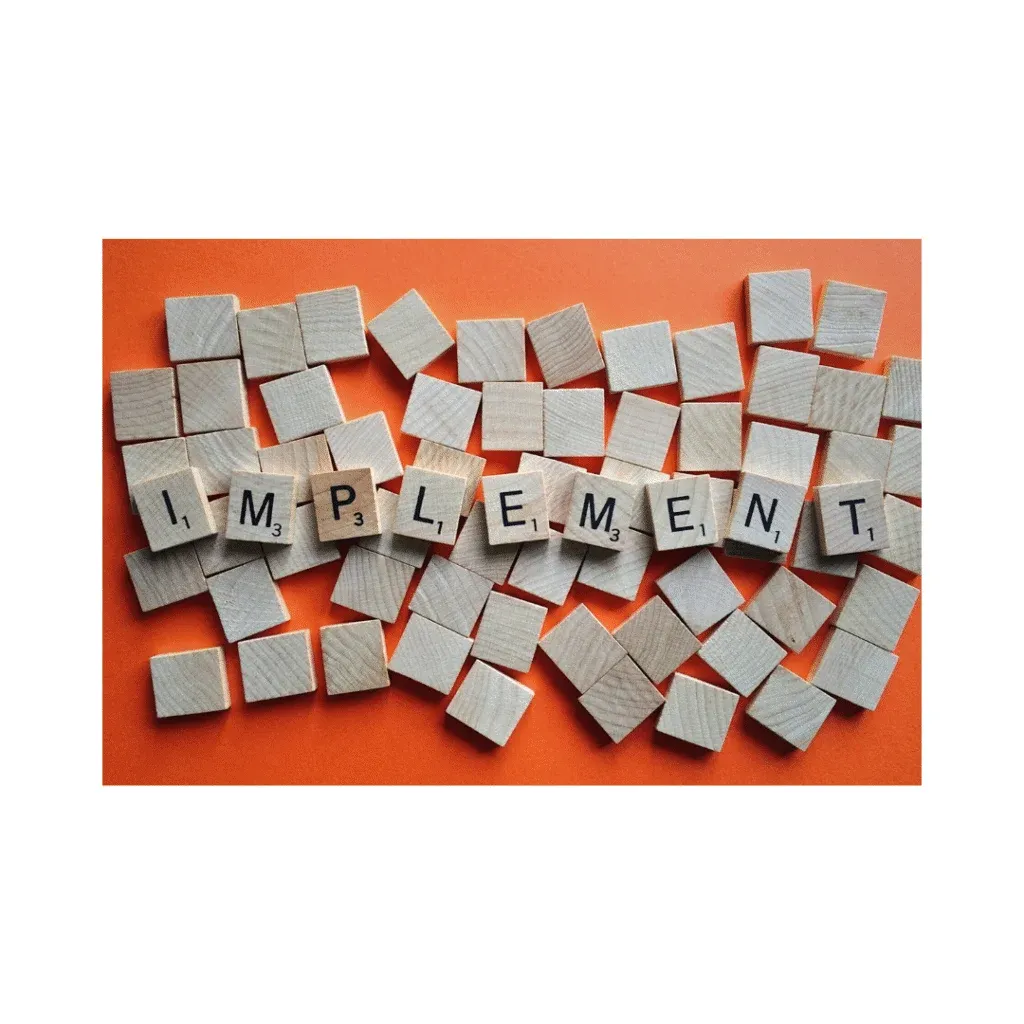NetSuite ERP for E-commerce
Running an online store means handling lots of tasks. You deal with inventory, orders, and customer service daily. NetSuite ERP puts all these pieces into one system. It helps you manage everything without the usual headaches.
Here’s what NetSuite does for e-commerce:
Inventory Tracking: NetSuite shows your stock levels in real-time. Whether you sell on your site or a marketplace, your numbers stay accurate. This prevents overselling and keeps customers happy.
Order Handling: NetSuite speeds up how orders move through your system. It cuts down on mistakes and delays. Customers get their orders faster, and your team saves time.
Customer Management: NetSuite keeps track of every customer’s history. You can see what they’ve bought or asked about. This helps you tailor your service and marketing without juggling multiple tools.
Finances and Taxes: NetSuite handles accounting and tax tasks automatically. It saves you from manual work and helps you stay compliant. Fewer errors mean less stress.
NetSuite isn’t just another tool. It simplifies running your store. It cuts out repetitive tasks and gives you clear data to work with. That way, you can focus on growing your business and taking care of your customers.
Top 6 Key Features of NetSuite for E-commerce
NetSuite helps e-commerce businesses handle daily tasks. It manages inventory, customer service, and finances in one system. You can track stock, respond to customers, and check your financials without using multiple tools. As your business grows, NetSuite adapts to your needs.
1. Real-Time Inventory Management
NetSuite gives you live inventory tracking across all your sales channels. You’ll always know exactly what’s in stock, no matter where you sell.
- Live stock visibility
- Automatic updates
- Multi-location management
- Auto-reordering
- Demand forecasting
This helps businesses avoid errors, prevent stockouts, and manage inventory more efficiently.
2. Order Management
Orders can be messy—between keeping track of purchases, shipping, and invoices, things easily slip through the cracks. NetSuite takes the headache out of the process by handling orders smoothly from start to finish.
- Orders process themselves
- Flexible shipping options
- See where every order stands
- All sales channels in one place
- Invoices that create themselves
The result? Orders move quicker, mistakes happen less often, and customers get their purchases faster—without your team burning out on manual work.
3. Customer Relationship Management (CRM)
NetSuite’s CRM keeps all customer data—purchase history, interactions, and preferences—in one place. This makes it easier to understand your customers and serve them better.
- Complete customer profiles
- Targeted marketing
- Customer groups
- Real-time insights
- Multi-channel communication
With everything in one place, you won’t lose track of customer needs, and your team can provide smoother, more consistent service.
4. Financial Management
NetSuite automates accounting tasks like invoicing, tax calculations, and reporting. This reduces manual work and helps avoid errors.
- Automated bookkeeping
- Tax compliance
- Live financial reports
- Multi-currency support
- Expense tracking
Real-time financial data helps businesses stay compliant and make smarter choices without delays.
5. Multi-channel Selling
NetSuite syncs sales from your website, physical stores, and online marketplaces into a single system—no more juggling separate tools or worrying about mismatched inventory.
- Centralised sales tracking
- Live inventory updates
- Unified customer experience
- Simplified order processing
This reduces errors, saves time, and keeps customers happy with accurate stock and faster deliveries.
6. Global Compliance
Expanding internationally gets complicated with taxes, currencies, and regulations. NetSuite handles these challenges automatically.
- Multi-currency transactions
- Auto tax compliance
- Regional financial reporting
- Cross-border shipping support
- Regulation updates
This removes the guesswork from global sales, letting businesses expand without extra paperwork or legal risks.
Why NetSuite Is a Better Choice Than Other E-Commerce ERP Solutions
Running a retail business is complex, and having the right ERP system can make a big difference. NetSuite stands out as a stronger option compared to other e-commerce ERP solutions, and here’s why.
- Unified System for All Operations: NetSuite combines everything into one platform. This means real-time updates across all departments, reducing errors and saving time.
- Better Inventory Management: NetSuite provides real-time inventory visibility across multiple locations, reducing overselling and stockouts.
- Scalability: NetSuite grows with your business, without needing costly upgrades or replacements.
- Built-In E-Commerce Integration: Seamless syncing with online stores. No need for third-party plugins.
- Stronger Financial Management: NetSuite handles high transaction volumes and deep accounting needs without extra software.
- Improved Customer Experience: Centralised customer data makes personalized service easier.
- Reliable Analytics: Real-time dashboards and reports support better decision-making.
- Lower Long-Term Costs: NetSuite includes more features upfront, reducing the need for costly add-ons.
NetSuite simplifies retail operations by combining inventory, sales, finance, and e-commerce in one system. Other ERP solutions may work, but they often lack the flexibility, real-time updates, and scalability that retailers need.
Key Factors for Successful NetSuite Implementation
Setting up NetSuite for your e-commerce business can improve operations and support growth. A clear plan makes the process smoother. Here’s how to do it right.
- Know Your Goals: Decide what you want NetSuite to do—speed up orders, improve finances, etc. Goals guide the setup process.
- Pick a Good Partner: An expert partner like EPIQ Infotech knows how to configure NetSuite correctly.
- Make It Fit Your Business: Customise workflows and reports so the system matches your processes.
- Train Your Team: Make sure everyone knows how to use NetSuite. Training reduces errors and boosts productivity.
- Keep Improving: Review and adjust your setup as your business grows to stay aligned with new needs.
A solid NetSuite setup is a big step toward long-term success—every choice you make during implementation matters.
Conclusion – NetSuite for E-commerce
Picking the right system for your e-commerce business matters. It can make operations smoother and help your business grow.
NetSuite handles key tasks like tracking inventory, processing orders, managing sales across channels, and keeping financial records in order. Its six main tools help you work faster, stay organised, and see what’s happening in your business at any moment.
Compared to systems like SAP Business One or Microsoft Dynamics 365, NetSuite connects tools better and automates more tasks. This makes it a strong choice for e-commerce companies.
But getting NetSuite to work well takes effort. You need a clear plan, adjustments to fit your business, and training for your team. Without these, the system won’t help as much as it could.
EPIQ Infotech knows how to set up NetSuite properly. They guide you through the process and make sure the system matches your needs. With their help, you can avoid mistakes and get your business ready for growth.
Talk to EPIQ Infotech if you’re thinking about NetSuite. They can show you how to use it to improve your e-commerce operations.
FAQ : NetSuite for E-Commerce
What is NetSuite ERP, and how does it support e-commerce businesses?
NetSuite ERP is a cloud-based system that integrates inventory, order management, customer data, and finances into one platform. For e-commerce businesses, it simplifies operations, provides real-time insights, and automates routine tasks.
How does NetSuite help with inventory management?
NetSuite provides real-time inventory tracking across all sales channels. It includes features like auto-reordering, multi-location management, and demand forecasting to prevent overselling and stockouts.
Can NetSuite automate order processing?
Yes. NetSuite streamlines the entire order lifecycle—from receiving the order to fulfillment and invoicing. It reduces delays, manual errors, and helps deliver a better customer experience.
What customer management features does NetSuite offer?
NetSuite includes a built-in CRM that stores complete customer profiles, purchase history, and interactions. This helps businesses personalize service and improve marketing efforts.
Does NetSuite handle financial operations and taxes?
Absolutely. NetSuite automates bookkeeping, tax compliance, and financial reporting, and supports multiple currencies. This makes financial management easier and more accurate.
Is NetSuite suitable for businesses selling on multiple channels?
Yes. NetSuite integrates with websites, marketplaces, and physical stores to centralize sales, sync inventory, and unify customer experiences across all platforms.
How does NetSuite handle international e-commerce needs?
NetSuite supports multi-currency transactions, regional tax compliance, and global shipping requirements. It automatically updates to meet changing international regulations.
How does NetSuite compare to other ERP solutions like SAP or Microsoft Dynamics?
NetSuite offers a unified platform with real-time updates and built-in e-commerce integration. It’s more scalable and requires fewer third-party tools, often resulting in lower long-term costs compared to other ERPs.
What are the key steps to a successful NetSuite implementation?
Key steps include:
- Defining clear business goals
- Choosing an experienced NetSuite partner
- Customizing the system to fit your workflows
- Training your team
Continuously optimizing the system post-launch
Why choose EPIQ Infotech for NetSuite implementation?
EPIQ Infotech has deep expertise in NetSuite implementation. They offer tailored setup, training, and ongoing support to ensure the system is aligned with your e-commerce goals and grows with your business.







